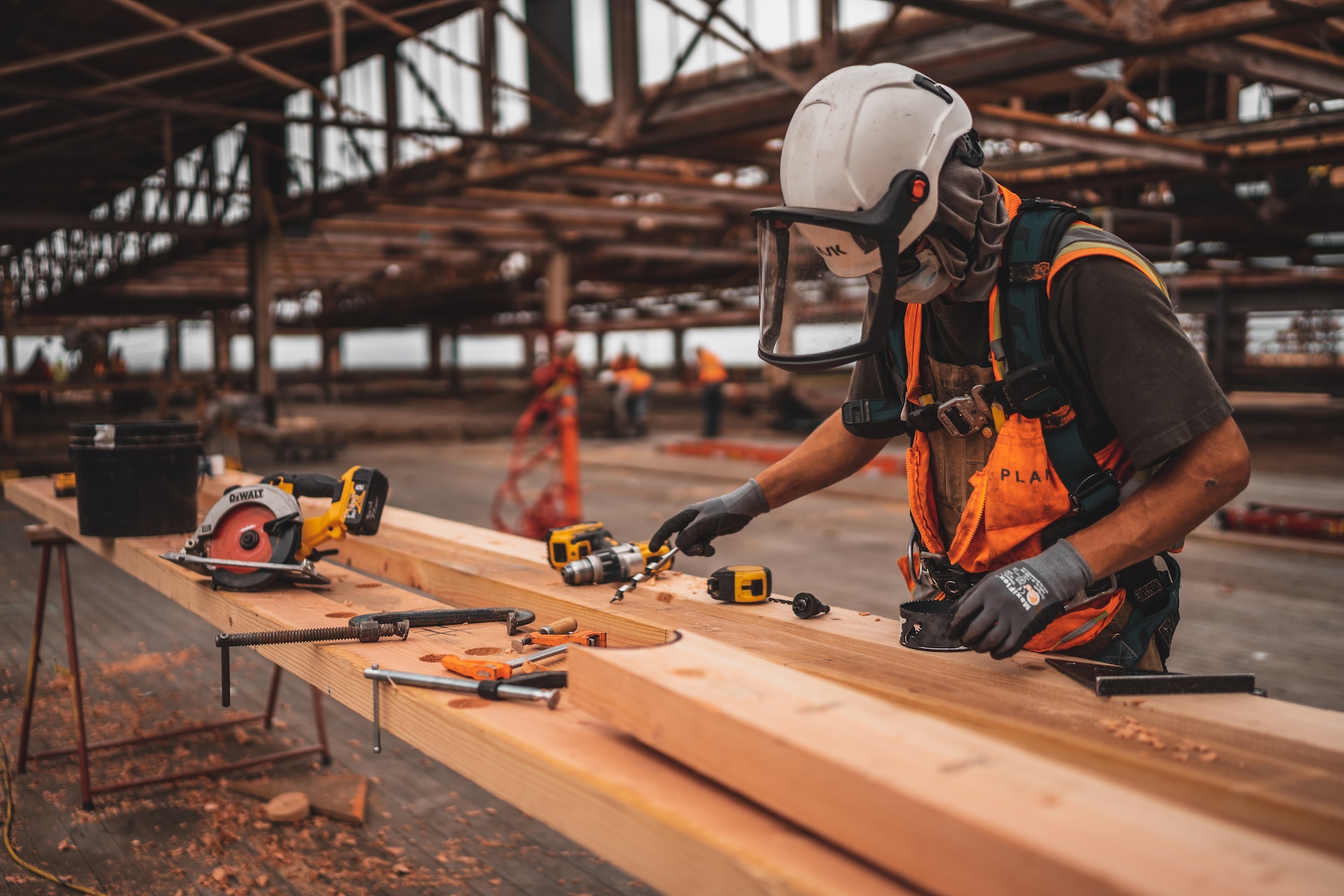Social enterprises and circularity can help reduce buildings’ carbon footprint

RREUSE has responded to the public consultation regarding whole life-cycle carbon (WLC) emissions in the buildings sector. The European Commission initiated the consultation on a roadmap it intends to develop in this area, in pursuit of climate neutrality by 2050.
Current EU policies primarily focus on energy efficiency to reduce operational emissions. Yet, reducing emissions from construction, renovation, maintenance, and demolition activities is essential to achieve climate neutrality.
In fact, a new study showed that embodied emissions — those generated during the production of materials — can make up nearly three-quarters of WLC emissions for newly constructed buildings with advanced energy performance. That means that circularity of building components and materials will become an increasingly important strategy to cut down WLC emissions.
Therefore, future EU policies must not neglect material efficiency and circularity. An integrated approach is crucial to avoid trade-offs between operational and embodied emissions.
RREUSE has therefore put forward the following recommendations:
- Mandate pre-demolition audits oriented to maximum re-use of building components and implement landfill bans.
- Prioritise the re-use and maintenance of building components and materials in renovation works and the construction of highly energy-efficient buildings.
- Include circularity requirements such as reusability and durability in public procurement.
- Promote the creation and use of online platforms for the resale of building components.
- Modify building codes and standards to ensure the removal of unnecessary obstacles to the re-use and recycling of building components and materials.
- Create economic incentives to promote circularity through different tools (e.g. virgin material tax, carbon tax, landfilling tax, reduced or exempted VAT rates).
- Promote upskilling and reskilling in the construction and demolition sector in line with the skills required for a circular economy (e.g. prioritise work-based training; promote partial qualifications, skills passports, and low-level qualifications; foster synergies between conventional VET programmes and social enterprises).
- Implement separate preparation for re-use targets of construction and demolition waste.
Photo by Jeriden Villegas on Unsplash

